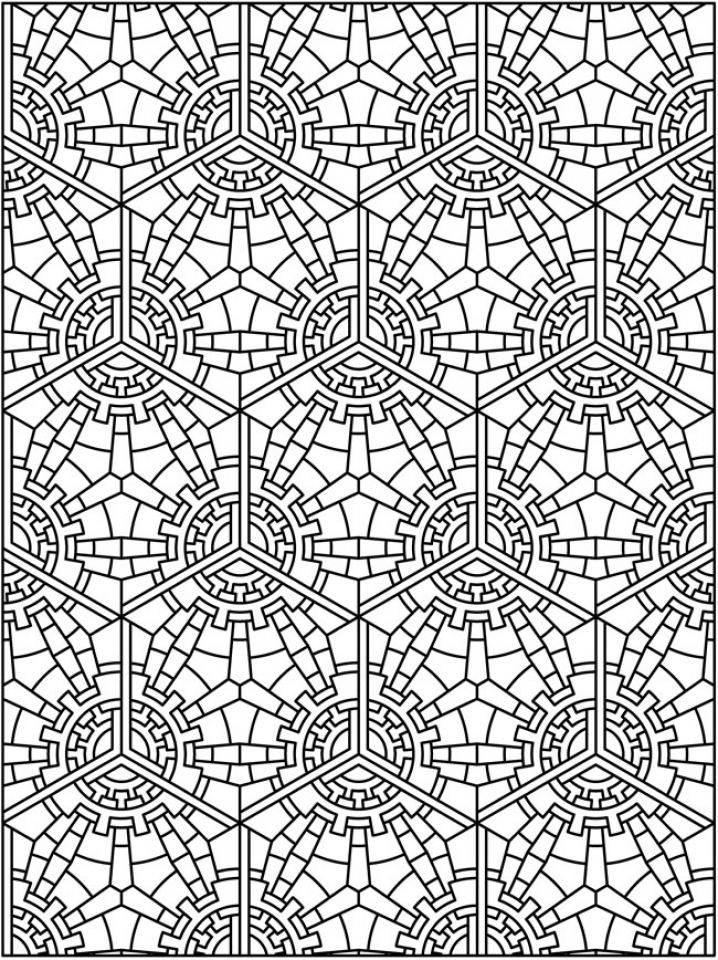
Of course, you will need to use a lot of the eraser before succeeding with a figurative tile. Idea of the motif to draw, trace it roughly, and adapt on it the type of best suited basic polygon and go back over the compensated deformations. When designing you can randomly choose a basic polygon and trace compensated deformations until you get a rough outline of motif. Of a fantasy nature, you have a good chance of success. If on an old decrepit wall you see figures appearing more or less You now need to appeal to the most important: your imagination. If there are vertices of odd numbers, three colors are needed. If all adjacent vertices are of even numbers, twoĬolors are sufficient. The 35 types of tessellations will be represented by 35 birds.Īll isohedral tessellations can be coloured with a minimum of two or three colors. The figures indicate the number of adjacent vertices. The structure of type 1 will be vacant because either the transformation of each of the two tiles separately (example below with concave tiles). either the transformation of the two tile set Translation as in the present case, we try the first: this gives us two tiles. When we have several kinds of transformations before Shephard in their book Tilings and Patterns. The symmetry group used is that of the International Tables for x-ray crystallography. Designation R3 R3 R3 R3 R3 R3:Īnd its transformations before translations The base polygon of the 'madman' is a regular hexagon. We will refer it by R3S R3S R3S R3S because the sides are both of 3 rotations and symmetries:

Type 3 will have its tiles in three directions, Type 1 will have all its tiles in the same direction. There are six possible directions, and therefore will be six original types. Visually, what characterises first a tessellation is the number of directions taken by the motifs. This round of lovers is just waiting to grow! He wrote the first printed treatise on perspective, published in 1505.
#Tessellation animals how to
… No more, for instance, than copying Jean-Pélerin* that makes a drawing in perspective.Īnd if, as I hope, you are inspired to do figurative ‘tiles’, throughout the following pages you will find how to give birth to them.Īnd when, after some difficulties, you successfully make one, you will experience a great feeling of joy and humility before this "PARCEL OF INFINITY".

I hope that what follows will make you realize that there are an infinite number of possible figurative motifs.Ěnd it is not just copying Escher to Judging by the few artworks coming from others. This method, taken from my book "PARCELLES D’INFINI", offers a walk in the garden of the regular division of the plane that Escher explored in many directions. "I walk around all alone in this beautiful garden, which certainly does not belong only to me, but whose gate is open to everyone."

However, on the other side I landed in a wilderness and had to cut my way through with a great effort until - by a circuitous route - I came to the open gate, the open gate "A long time ago, I chanced upon this domain in one of my wanderings I saw a high wall and a premonition of an enigma, something that might be hidden behind the wall, I climbed over Have their own will, and it is they which guide It seems it is not I who am doing the creating, I have such sensations all the time when I am working on designs "The inventor has, all of a sudden, the distinct feelingĪlready existed before to have never been thought in the human brain.


 0 kommentar(er)
0 kommentar(er)
